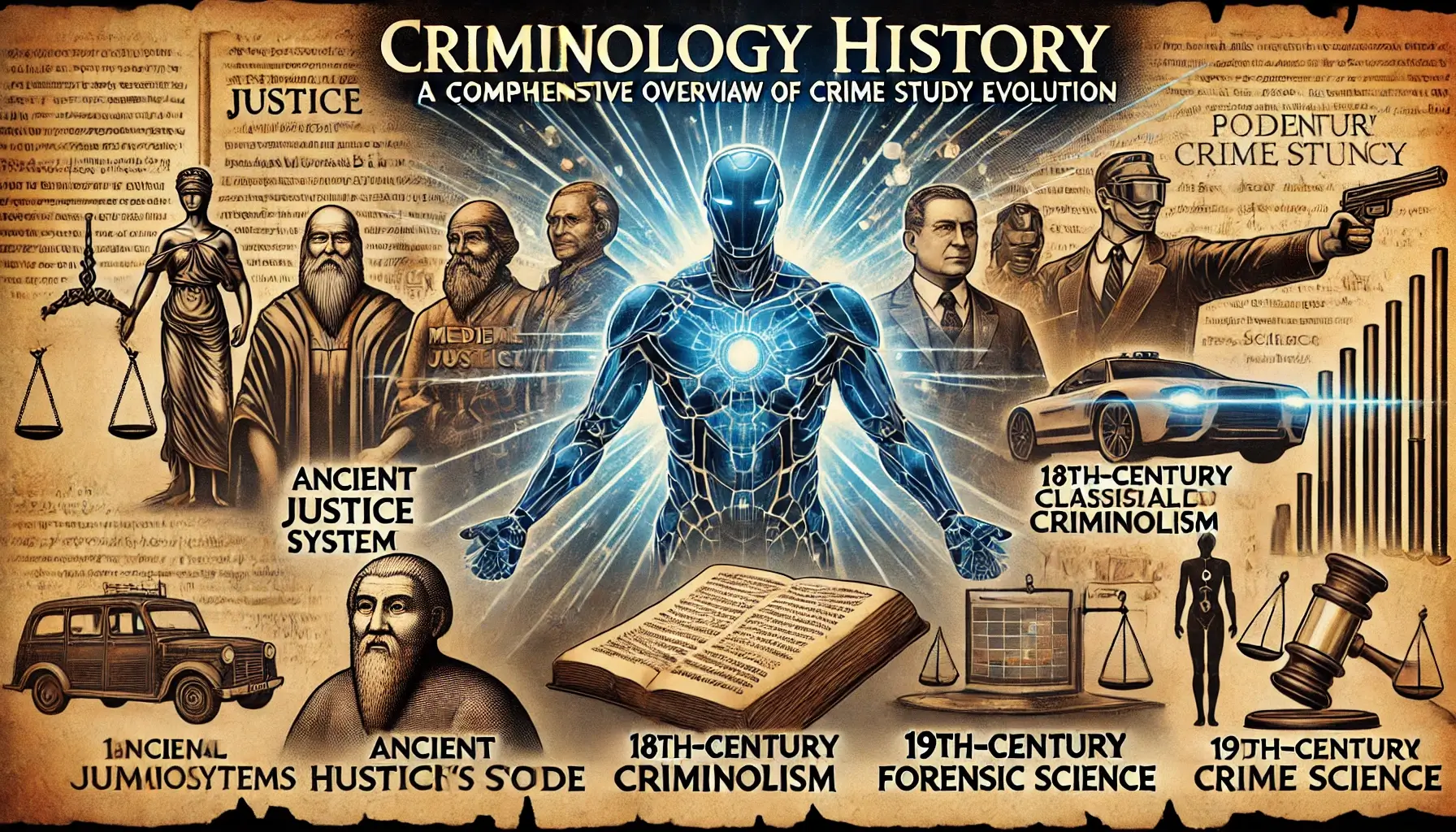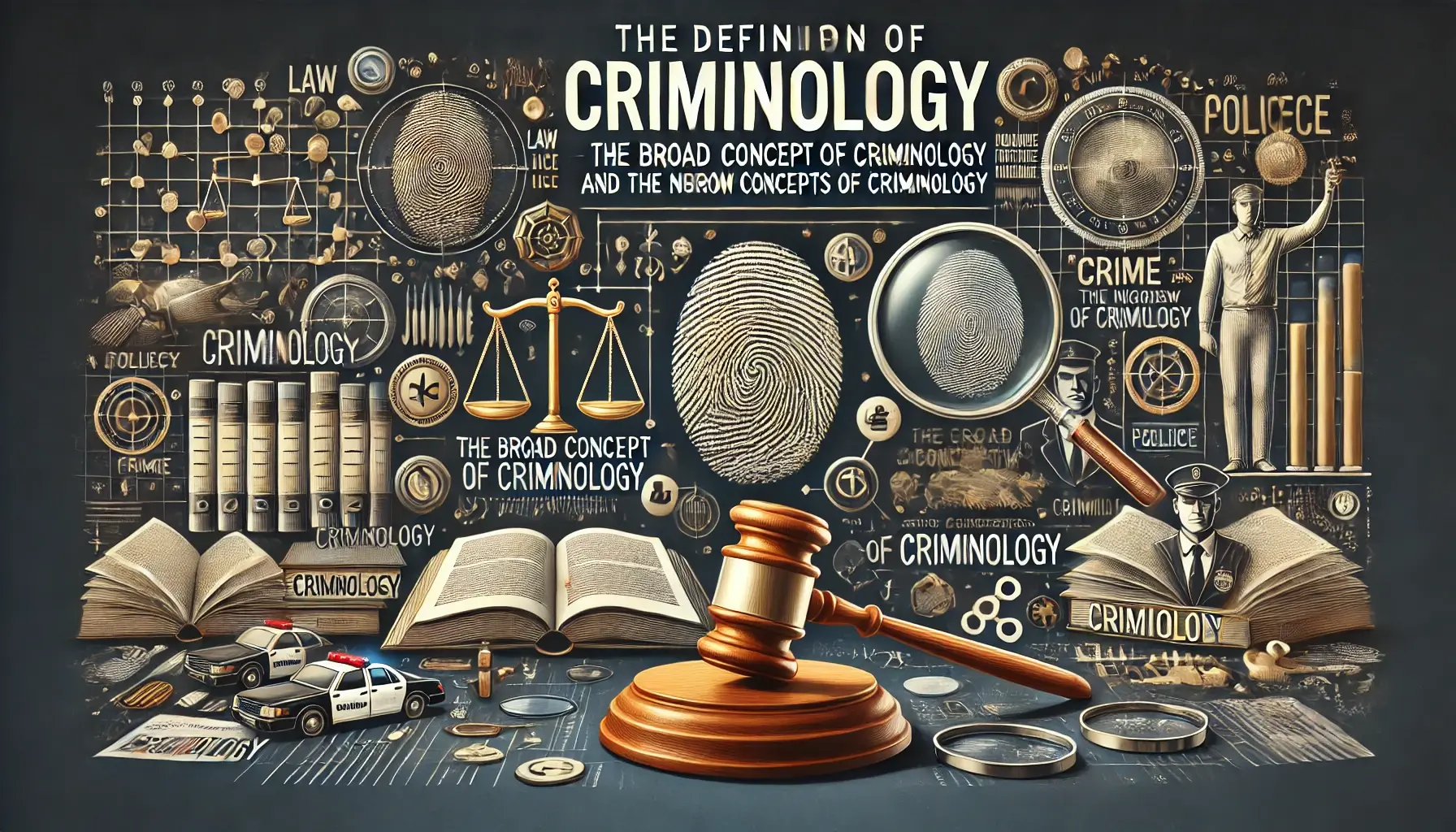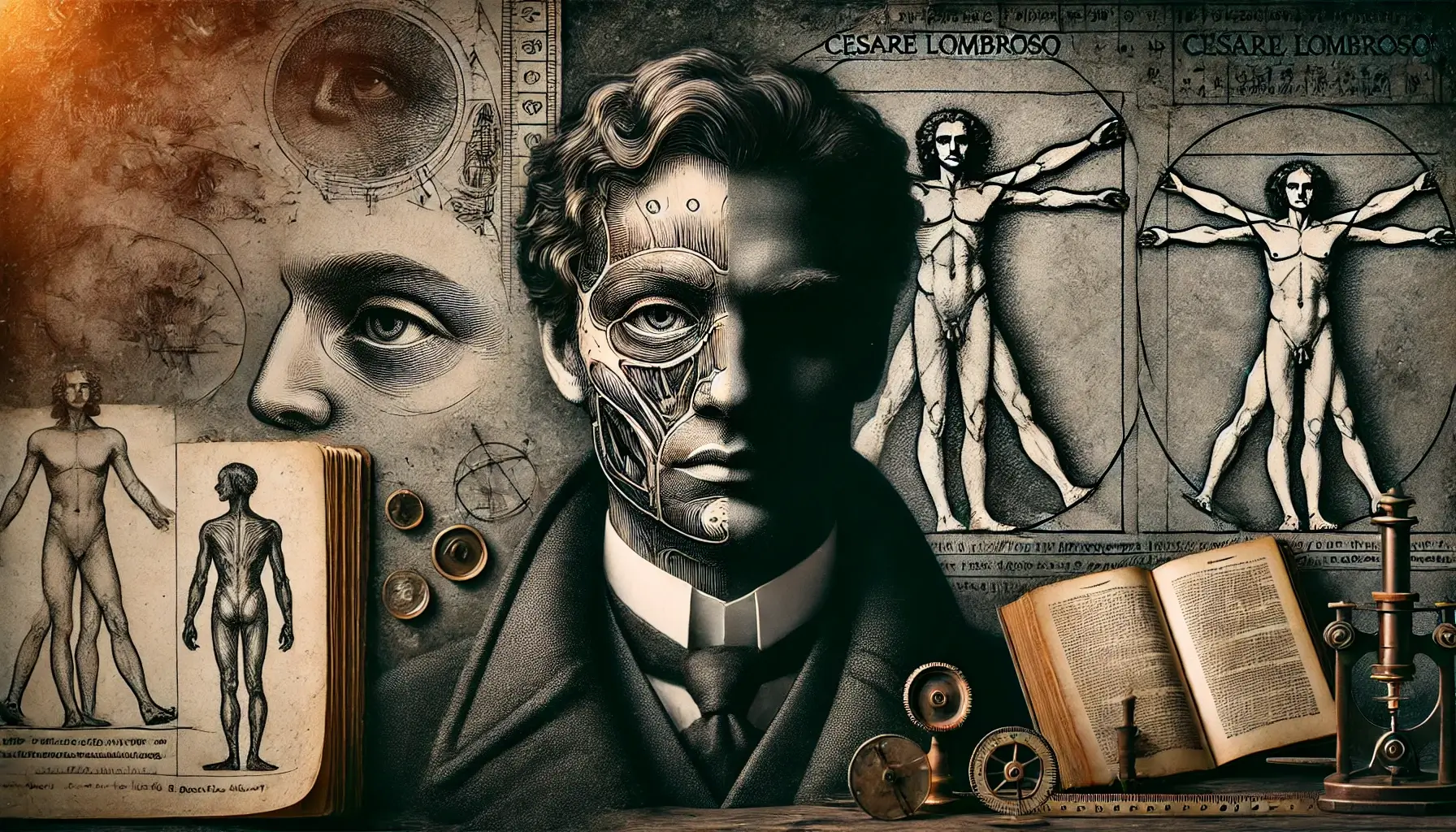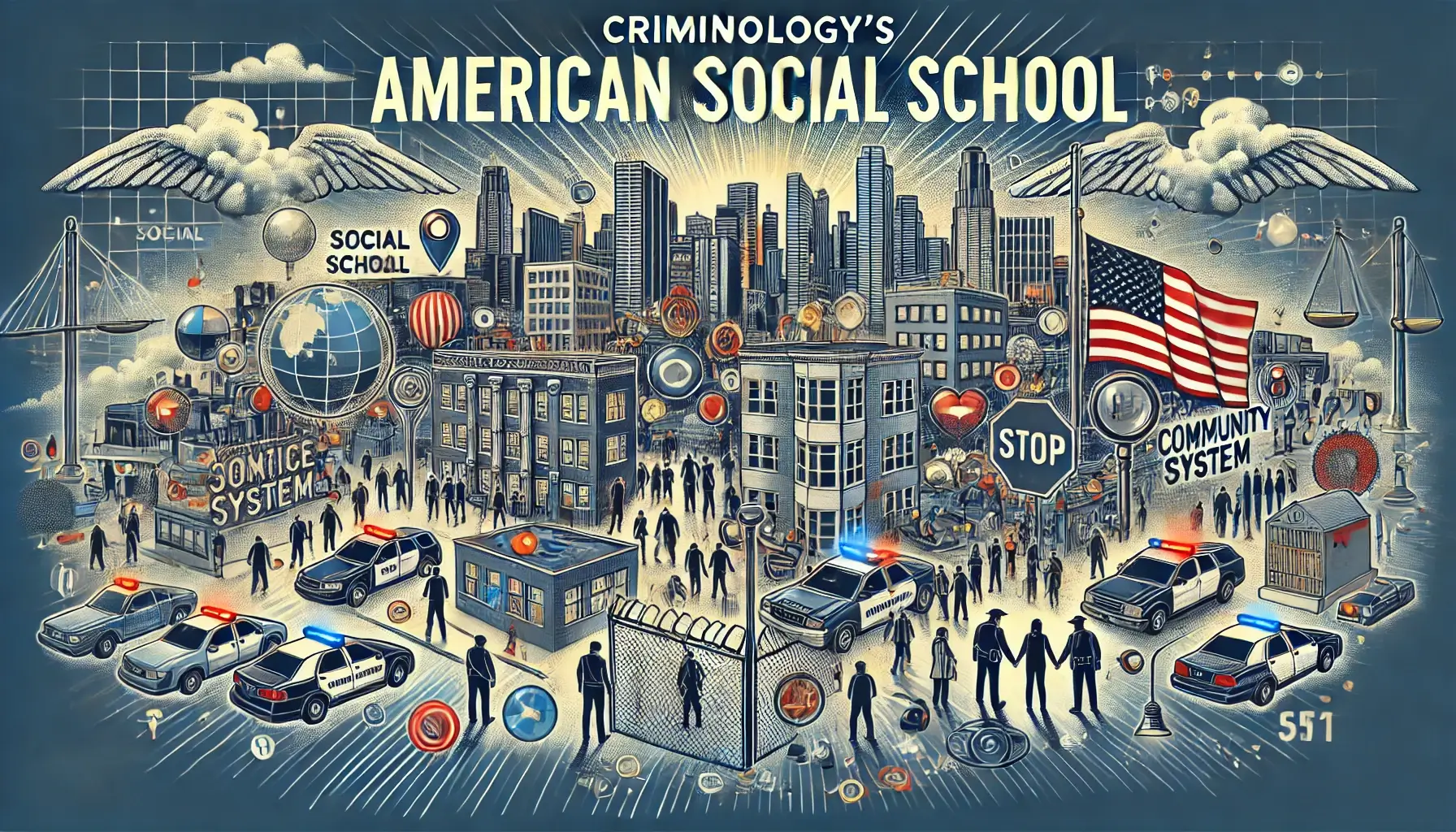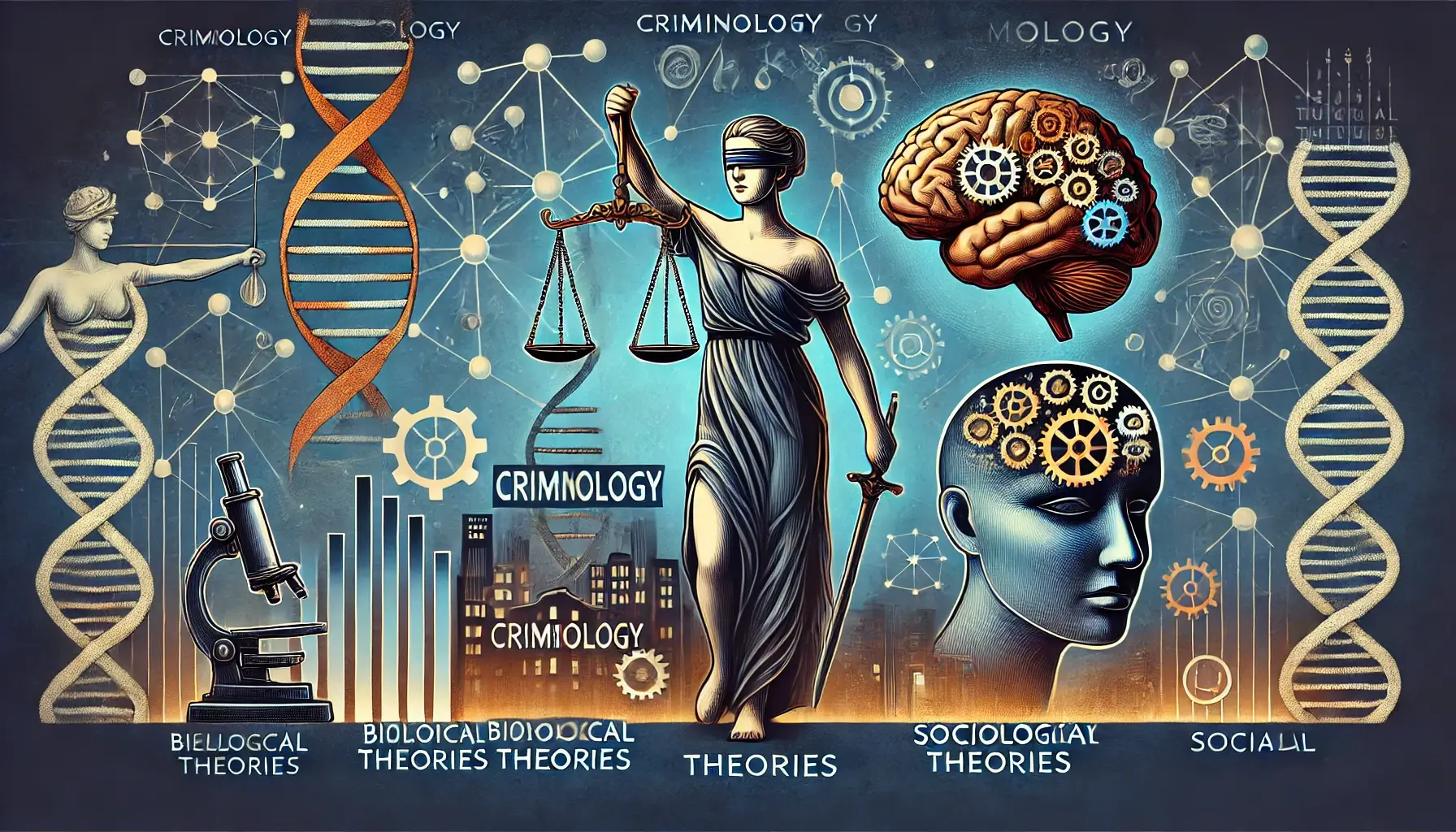The History of Criminology: A Comprehensive Overview
Introduction to Criminology and Its Historical Development Criminology, the scientific study of crime, criminal behavior, and the criminal justice system, has evolved significantly over centuries. Understanding its historical development provides valuable insights into how societies have approached crime and justice. From early supernatural explanations to modern technological advancements, the history of criminology reflects broader social, … Read more

